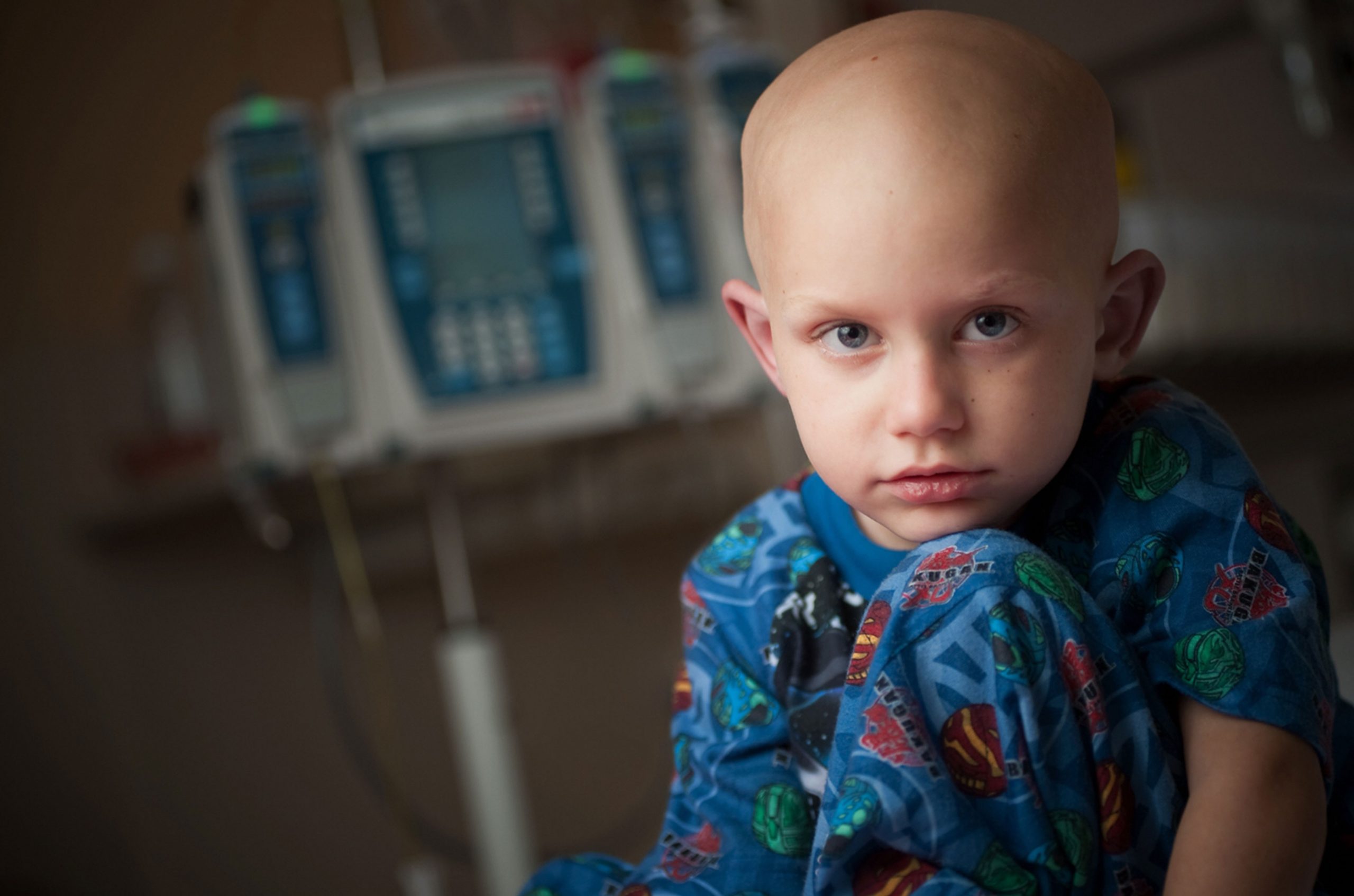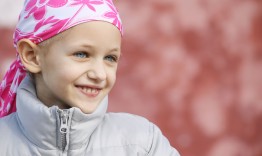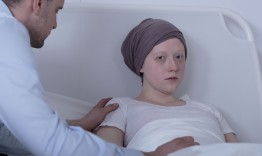
Morpholino therapy for childhood cancer
Funding: CLCRF Project Grant
(Jan 2014–Dec 2014)
Researcher: Associate Professor Alex H Beesley
Patients with NUT midline carcinoma (NMC) share a common genetic feature, which is a specific re-arrangement of the DNA within the cancer cell. Whilst this abnormality contributes to driving the disease, it also represents an Achilles heel because it can be used as a ‘target’ to design specific therapies i.e. drugs that attack the cancer cell but leave healthy cells alone. In 2014 we worked with Prof Steve Wilton from Murdoch University to develop a novel therapy designed to target this genetic abnormality. His approach is to use drugs called ‘morpholinos’ that interfere with the way genes are expressed in the cell, and he has successfully pioneered this approach as a genetic therapy in the field of muscular dystrophy.
We wished to develop this as a therapy approach for NMC, but our findings this year have demonstrated that this is unlikely to be successful without significant further investment. However, the use of these agents has revealed unexpected information about the ways in which the NMC gene can be expressed. Specifically, we have managed to induce a new variant of the NMC gene that can be expressed under certain conditions. Remarkably, in a patient recently diagnosed at Sydney’s Children’s Hospital we were able to confirm this variant as an independent clinical subtype and we are currently trying to make a cell line with which to further study its biology.
With this discovery we now know that there are at least five distinct molecular subtypes of NMC, as defined by the structure of this particular genetic feature, and we also know that they respond differently to chemotherapy drugs. However, we do not yet understand the full biological significance of these different subtypes, nor what determines these drug sensitivities.
To unravel this question we have started sequencing the full genetic code of our NMC cell lines and patient specimens. Over the next few months we will be able to analyse this information to identify the critical features driving the disease and perform laboratory experiments in our panel of cell lines to validate these findings. This approach will be integrated with drug-sensitivity data to yield a comprehensive map of the molecular genetic landscape of NMC and the biological pathways that are the most promising as targets for future therapies.
Similar Project
Therapy & molecular genetics of leukaemia in infants
Funding: Triennial Block Grant
(2012–2015)
Researcher: Professor Ursula R Kees
Molecular genetics of childhood tumours
Funding: Million Dollar Recognition Award
(2012–2017)
Researcher: Professor Ursula R Kees
Targeting therapy & disease outcomes in paediatric cancer
Funding: CLCRF Research Fellowship
(2010–013; 2013–2016)
Researcher: Associate Professor Alex H Beesley
Effective therapies for NUT midline carcinoma
Funding: CLCRF Project Grant
(Jan 2014–Dec 2014)
Researcher: Associate Professor Alex H Beesley




